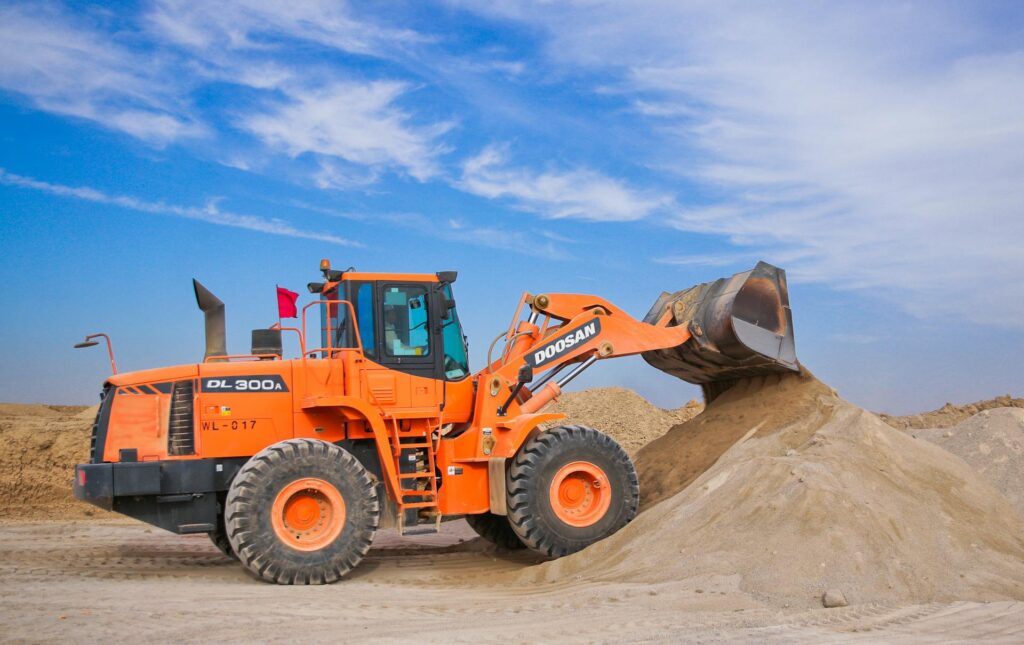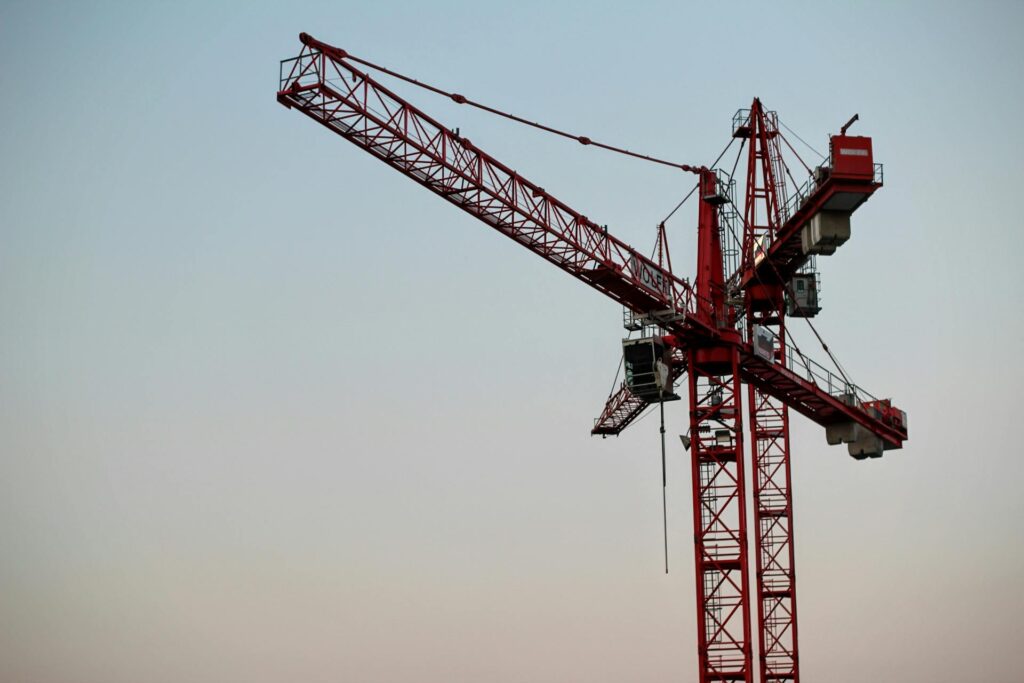The Advantages of Outsourcing Heavy Machinery for Construction Projects

In the rapidly evolving world of construction, the decision to own or outsource heavy machinery can significantly impact project efficiency, budget, and completion timelines. Outsourcing heavy machinery, as opposed to owning it, offers several strategic benefits that can enhance the operational capabilities of construction firms. This article delves into these advantages, providing a detailed understanding crucial for those involved in construction management.
1. Cost Efficiency
One of the primary benefits of outsourcing heavy machinery is the reduction in overall project costs. Ownership of heavy equipment entails significant investments not only in the purchase price but also in maintenance, repairs, and storage. Outsourcing eliminates these capital expenditures, allowing companies to allocate their financial resources more effectively. Instead of substantial upfront investments, construction firms pay for machinery only when needed, which optimizes their budget and reduces financial risks associated with the depreciation of expensive equipment.
2. Access to Advanced Technology
Outsourcing also enables construction firms to access the latest machinery equipped with cutting-edge technology. Heavy machinery rental companies frequently update their fleets to attract more clients, ensuring that the most advanced and efficient equipment is available. This access allows construction companies to utilize innovative technologies that might be too costly to purchase outright, thereby enhancing the quality and speed of construction.
3. Flexibility and Scalability
The needs of construction projects can vary dramatically, and outsourcing provides the flexibility to adapt to these changing requirements without the logistical challenges of re-allocating or purchasing additional equipment. Whether the project scope expands unexpectedly or different machinery is needed for specific tasks, rental companies can supply the necessary equipment promptly, ensuring that projects remain on schedule.
4. Maintenance and Support
Outsourcing heavy machinery also relieves the construction firm of the burdens associated with maintenance and repairs. Rental companies are responsible for the upkeep and servicing of their equipment, ensuring that all machinery is in optimal working condition when delivered to the site. Additionally, these companies often provide operational support and training, which is invaluable for ensuring safety and efficiency on-site without the need for construction companies to invest heavily in specialized training programs.
5. Risk Reduction
The construction industry faces inherent risks, including equipment failure and associated delays. By outsourcing machinery, construction firms transfer some of these risks to the rental company. In case of machinery breakdown, rental companies are typically quick to replace or repair the equipment, minimizing downtime and potential project delays.
6. Compliance and Regulations
Keeping up with environmental and safety regulations can be cumbersome for construction companies, especially when it involves machinery. Rental companies ensure that all their equipment complies with the latest regulations, reducing the legal and regulatory burden on construction firms. This compliance is critical for avoiding fines and ensuring that projects meet all necessary legal standards.

Types Of Heavy Machinery That Are Often Outsourced
Excavators
Excavators are pivotal in construction for tasks like digging trenches, holes, and foundations, as well as for demolition and heavy lifting. Outsourcing excavators can be advantageous due to the high cost of purchasing and maintaining such large equipment. Rental companies often offer a range of sizes and attachments suitable for various jobs, providing flexibility without the capital expenditure.
Bulldozers
Bulldozers are used to move vast amounts of dirt, soil, and rubble, making them indispensable for grading and clearing land. The benefit of outsourcing bulldozers lies in avoiding the large upfront investment and the ongoing maintenance costs. Rental options also allow companies to select the most suitable size and power for specific projects, enhancing efficiency.
Cranes
Cranes are crucial for lifting and placing heavy materials on construction sites, especially in high-rise building projects. Outsourcing cranes from companies like Lindores Crane Hire can be beneficial because it provides access to various types and sizes as needed, along with professional operators. This not only reduces the need for training and storage facilities but also mitigates the risk associated with such specialized machinery.
Backhoes
Backhoes are versatile machines used for a variety of tasks including digging, trenching, and backfilling. Renting backhoes allows construction companies to use them only when necessary, reducing the costs associated with ownership such as maintenance and storage. Rental companies also provide updated models that might be more efficient and compliant with current environmental regulations.
Loaders
Loaders are essential for moving large loads of materials like soil, asphalt, and debris. Outsourcing loaders helps construction firms manage costs effectively by providing access to different types of loaders (e.g., wheel loaders, skid-steer loaders) that are suitable for the scope and scale of specific projects, without the need for large capital investments.
Pavers
Pavers are specifically designed for laying asphalt or concrete in the construction of roads and other flat areas. The technical specificity and infrequent use of pavers make them ideal candidates for outsourcing, allowing construction companies to access the latest technology without investing in specialized equipment that is only used occasionally.
Trenchers
Trenchers are used for digging narrow trenches for cables or pipes. Outsourcing trenchers is cost-effective as it avoids the need for a significant initial investment and maintenance costs on equipment that is not used daily. Rental companies offer various sizes and types of trenchers, which can be matched to the specific needs of a project.
Graders
Graders are vital for creating smooth, flat surfaces with precise slopes, particularly in road construction and site preparation. Renting graders allows firms to adapt to project-specific requirements with the appropriate machinery and technology. This approach not only saves on the expense of equipment and its upkeep but also ensures the use of up-to-date machinery compliant with current standards.
Conclusion
The outsourcing of heavy machinery in construction projects presents numerous benefits that contribute to more efficient, flexible, and cost-effective project execution. From financial savings and access to the latest technology to enhanced flexibility and reduced risk, the strategic advantages of machinery rental can significantly influence the success of construction projects. For construction firms looking to improve their operational capabilities without the significant financial outlay and maintenance hassles of owning heavy machinery, outsourcing is a viable and beneficial option.
This comprehensive overview underscores the strategic benefits of outsourcing heavy machinery and provides construction managers and decision-makers with the information needed to make informed choices about equipment management in construction projects.






